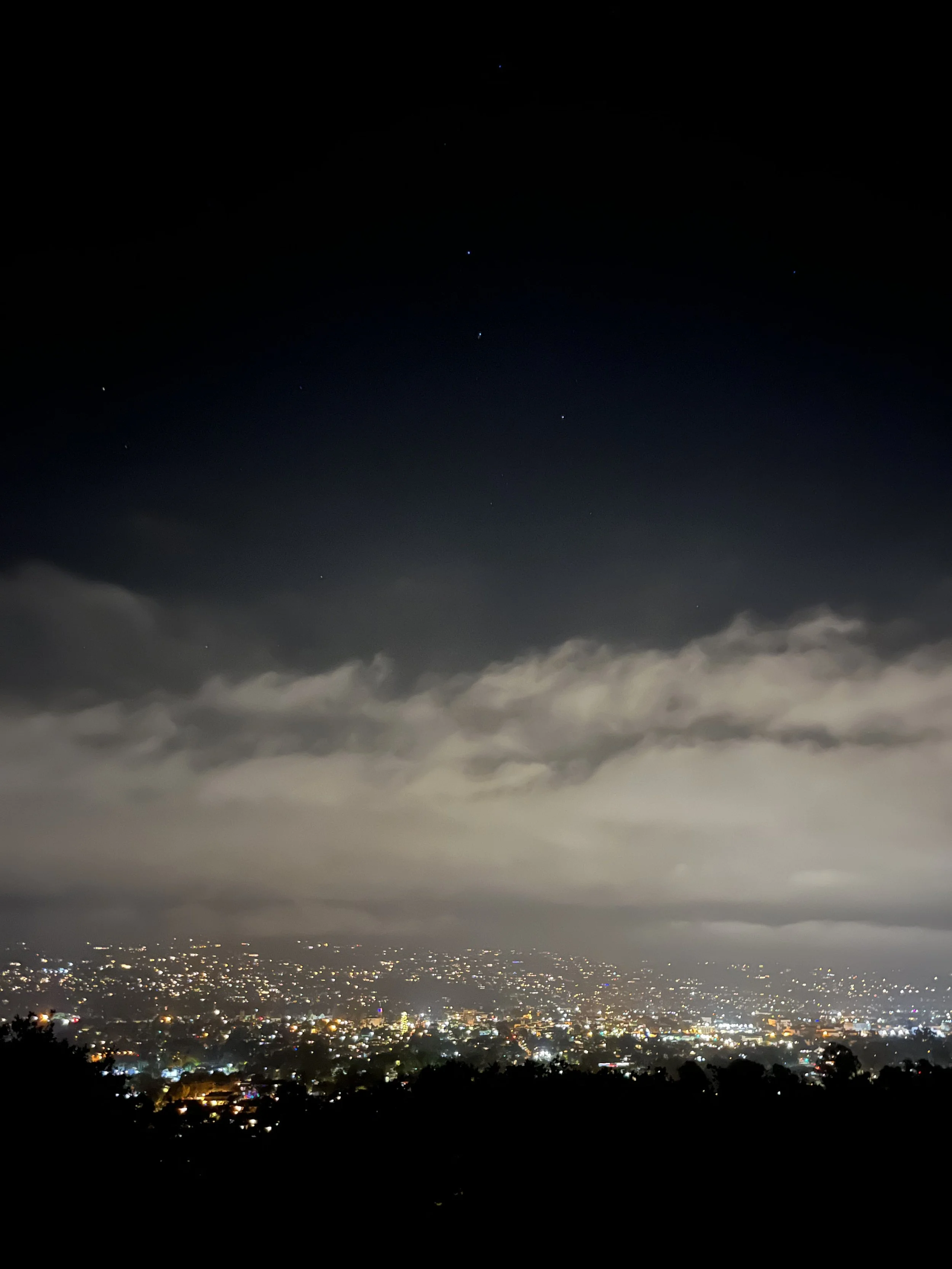When we say we’re “on the verge,” we think brink; point after which one can’t hedge; edge—from Old English ecg “corner, edge, point” (also “sword”).
We might wish for a sudden, total change, a transformation. When we’re on the verge of a decision, even when the decision is made, the line isn’t clear; doubts and regrets may linger or stray into focus as fragments of thoughts, illogical fears or hopes still blow in to cloud our judgment. Or maybe it’s a life change we’re on the verge of, one marked by a ceremony or date. What changes? A name, a title, a category, a conceptual overlay on the persona, an emotional orientation.
Rarely is a change total and sudden. But lines, limits, edges still matter because we use them to make meaning, as we use narratives. Forms are like the meadow in Robert Duncan’s poem, where “certain bounds hold against chaos.” These forms, or formalities, are “a given property of the mind.” We need to see edges. Our left-brain-driven analytical partitioning of the world into bits, compartments, categories, and dichotomies comforts us as we view the vast sky, where there is evidently no end or edge.
Where does land end and sky begin, or light end and darkness begin?
The marking off of the unknown from the known, and the uncontrolled from the—supposedly—controllable, is at the root of verge, which stems from the Latin virga “shoot, rod, stick, slender green branch,” which by the 15th century had a specific, metaphorical use: in Old French verge was “measuring rod; penis; rod or wand of office”—the man’s measuring member used to mark the realm under his command. This sense soon “shifted to ‘the outermost edge of an expanse or area.’ Meaning ‘point at which something happens’ (as in on the verge of) is first attested c. 1600.”
But patriarchal order, swords, and properties of mind are powerless against the ultimate verge. Zoom out or in and edges are all gradient and illusion except the one. Todd May writes, in Death, that we grapple with death’s meaninglessness in part because it isn’t a goal or culmination but “a stoppage” (22) that’s both inevitable and unpredictable. We tell stories, hold ceremonies, lay down thresholds, because death leaves us all, according to Epicurus, “in a city without walls” (in May, 24). It obliterates all narratives and forms, so we build them around it or around subjective selves that dread and defy it.
Karl Ove Knausgaard wrote a whole novel of story fragments that question the edge-ness of death and explore its blurred verge. One character, or mask, clings to a construct of kingdom but arrives at the way to live:
God’s kingdom was the moment. The trees, the forest, the sea, the lily, the bird, all existed in the moment…. Even in the deepest sorrow, with so frightful a tomorrow, the bird was unconditionally joyful. Sorrow and tomorrow did not concern it, but were given over to God. To be as obedient as the grass when bent by the wind… (409)
To be obedient in the moment is to enjoy pure existence. “God’s kingdom” here is not one marked out by a rod, not an encircling self-imprisonment but the freedom of Rilke’s “the Open” or Douglas Harding’s Buddhist epiphany on “having no head,” where things are just happening and we’re not deluded by the thought that our thoughts have any control. The difference, though, between being an animal or blade of grass and being a human being is that we do have thoughts. We wonder. If death were not unknown, what would we be? Not humanity… which attempts to capture the inconceivable in concepts. The future is unknowable, but we still make plans and have expectations. We live on the verge, and this makes things matter.
Quotes are from:
Online Etymology Dictionary, verge and edge
Robert Duncan, “Often I Am Permitted to Return to a Meadow,” The Opening of the Field, Grove Press / New Directions, 1960.
May, Todd, Death: The Art of Living, London: Routledge, 2014.
Knausgaard, Karl Ove, The Morning Star, New York: Penguin, 2021.
